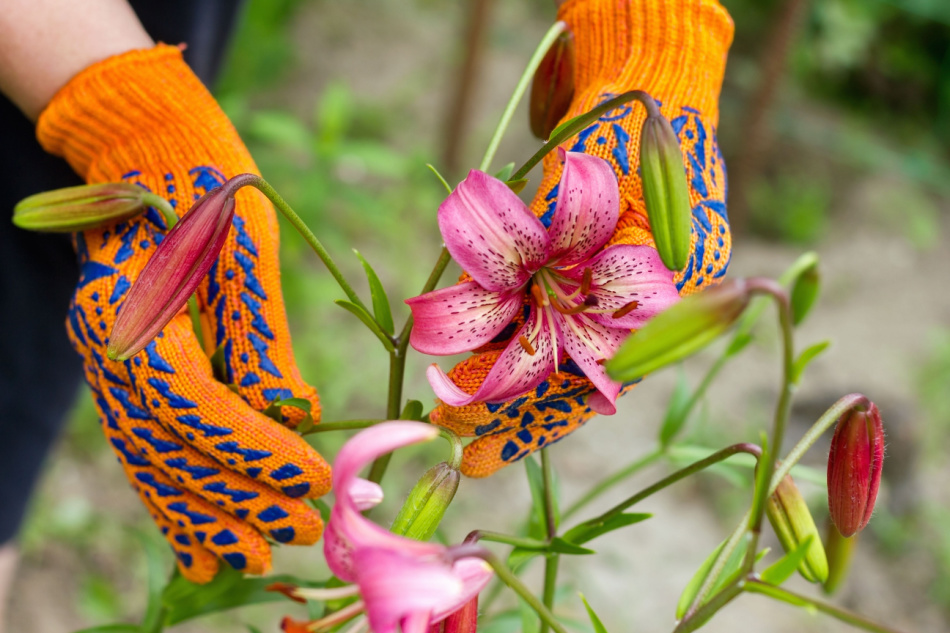While CBD is the ingredient in cannabis that gets praise for its healing capabilities, a new study shows THC can also be effective in treating pain. The study, which was published in the European Journal of Pain, is the first clinical trial that investigated the efficacy of microdosing THC to treat chronic pain.
What is “microdosing”?
A microdose is generally known as a subtherapeutic dose of a drug, and the term has more recently become synonymous with tiny, regular dosing of psychedelics such as LSD.
To measure how THC affects patients, Israeli Pharma-tech company Syqe Medical created a first-of-its-kind product that reportedly enables precise dosing of low levels of THC. A randomized, double‐blinded, and placebo‐controlled trial recruited a cohort of 27 subjects with chronic neuropathic pain. Across three separate test days, each subject received one inhaled dose, containing either 500 micrograms (0.5 mg) of THC, 1,000 micrograms (1 mg) of THC, or a placebo.
“Both doses, but not the placebo, demonstrated a significant reduction in pain intensity compared with baseline and remained stable for 150‐min,” the researchers write in the published study. “The 1‐mg dose showed a significant pain decrease compared to the placebo.”
As well as showing relevant reductions in subjective pain sensations, the study reports no signs of cognitive impairment across either active dose. Reports of a psychoactive “high” sensation were significantly greater after the 1,000-microgram dose compared to the 500-microgram dose. The 1,000-microgram dose used in the trial is around five to 10 times less than what many consider to be the low-end of a psychoactive dose of THC.
The study is not without caveats limiting any broader conclusions about the general efficacy of THC microdosing for chronic pain. The cohort was admittedly small, and the trial only investigated the acute short-term effect of a single THC microdose, so no conclusion can be made about the safety or efficacy of long-term THC microdosing. It is also worth noting the trial was conducted and funded primarily by Syqe Medical, but the study has been independently peer-reviewed and published in a journal.











